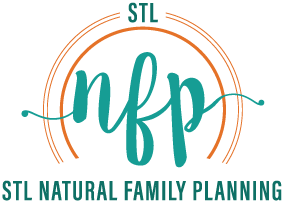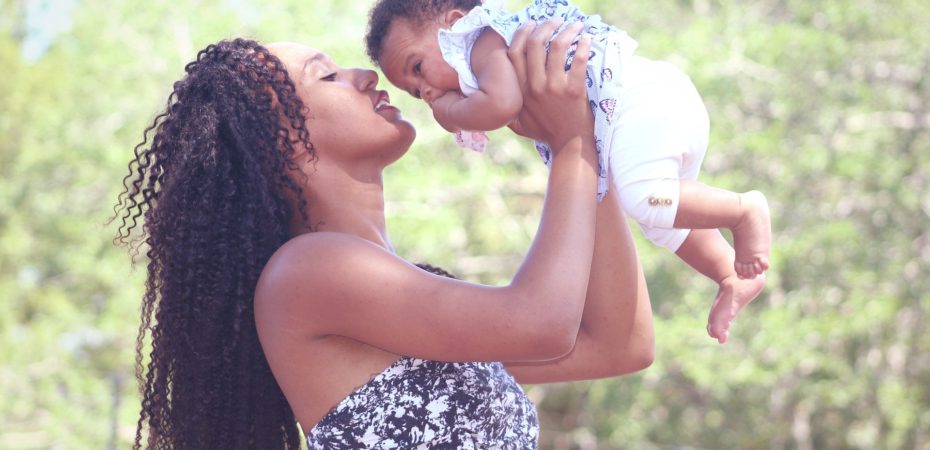“Oh, that’s right…you’re getting to the age where you’re going to have to have ‘the talk’,” a friend recently commented to me about my eldest daughter.
“Actually,” I told her, “We have been having ‘the talk’ in stages since she was little. I’ve just answered her questions and given her a little bit of information at a time.” As someone who both practices Natural Family Planning and has a background in theology, I have felt comfortable navigating the landscape of conversation around the Church’s teaching on womanhood with my three daughters. Here are my top three tips for introducing these concepts to your daughter(s).
Embodied Womanhood
In a culture rife with confusion about what it means to be a woman, I discuss womanhood with my daughters in light of how their bodies are built. Their bodies point to the truth of who they are as women. There is a literal place in their bodies designed for growing new life, if that is their vocation. But, whether or not they are able to nurture and grow physical life in their womb, the presence of that part of their bodies points to the capacity in their hearts to nurture the life of others.
In other words, I help them to see that womanhood isn’t about the externals society says it is – makeup, liking certain colors or kinds of clothes or toys or activities – it is about the capacity to nurture others in their lives. The fact that their bodies were made with the capability to nurture and grow a new person is incredible. Being a woman is not a sign of weakness – it is a strength! But also, their bodies and the way their bodies are built is inseparable from their identity as a woman (regardless of whether or not they end up physically bearing children).
Answering Questions as They Come
Years ago, I heard the advice to only answer a child’s questions about sexuality as they ask them. When a three-year-old asks a question, she is not looking for the same kind of answer a thirteen-year-old is seeking! Keeping that in mind, I have tried to answer my girls’ questions about their bodies and how their bodies work beginning in toddlerhood.
For example, as a mom of daughters, I am rarely alone in the bathroom at rest stops on family road trips. If my four-year-old notices that I am using menstrual products and asks what they are, I will answer something simple, like, “It is called a pad. Do you remember how you grew in my tummy? When I don’t have a baby in my tummy, my body sometimes needs to clean out the bed it made for a baby to grow in, and make a fresh bed. It looks red, because my body uses blood and soft things like that, but it doesn’t mean Mommy is hurt.” Or sometimes, a short version, “Remember? It’s called a period. It means Mommy doesn’t have a baby in my tummy right now, but my body is getting ready in case I have one in the future.” I also sometimes explain to them that this is something they can talk about with me, or their sisters, but it isn’t something we talk to everyone about, because it’s special and private.
Of course, when I have a daughter approaching puberty, I give her more detail, and I always use anatomically correct language (which I introduce at a younger age, but which I use along with phrases like “in my tummy”). I try not to give more information than the child needs, and I place that information in the context of who God has created her to be as a woman. Women’s bodies are amazing, and I try to make sure my daughters see their womanhood as the gift that it is!
I Use Help if I Need It
I don’t have all the answers to my daughters’ questions, and I don’t always know how to explain things to them. I’m always on the lookout for articles to read or friends to ask, as I continue to navigate teaching them about womanhood.
If you have a high school aged daughter, there is a helpful program offered by the Office of Natural Family Planning, in the Archdiocese of St. Louis! The Wonder of Eve is a presentation that can be offered to high school aged girls in a school, homeschool, or parish setting (in person in the Archdiocese of St. Louis or virtual elsewhere). The presentation is offered by a female medical professional (many of our presenters are NFP practitioners), who cannot only present what it is to be a woman from a Catholic perspective (including basic cycle knowledge and health information) but also answer any questions that may arise. Want to learn more? Contact us to book a presentation for your high school girls’ group! Now booking presentations for the 2022-2023 school year.

